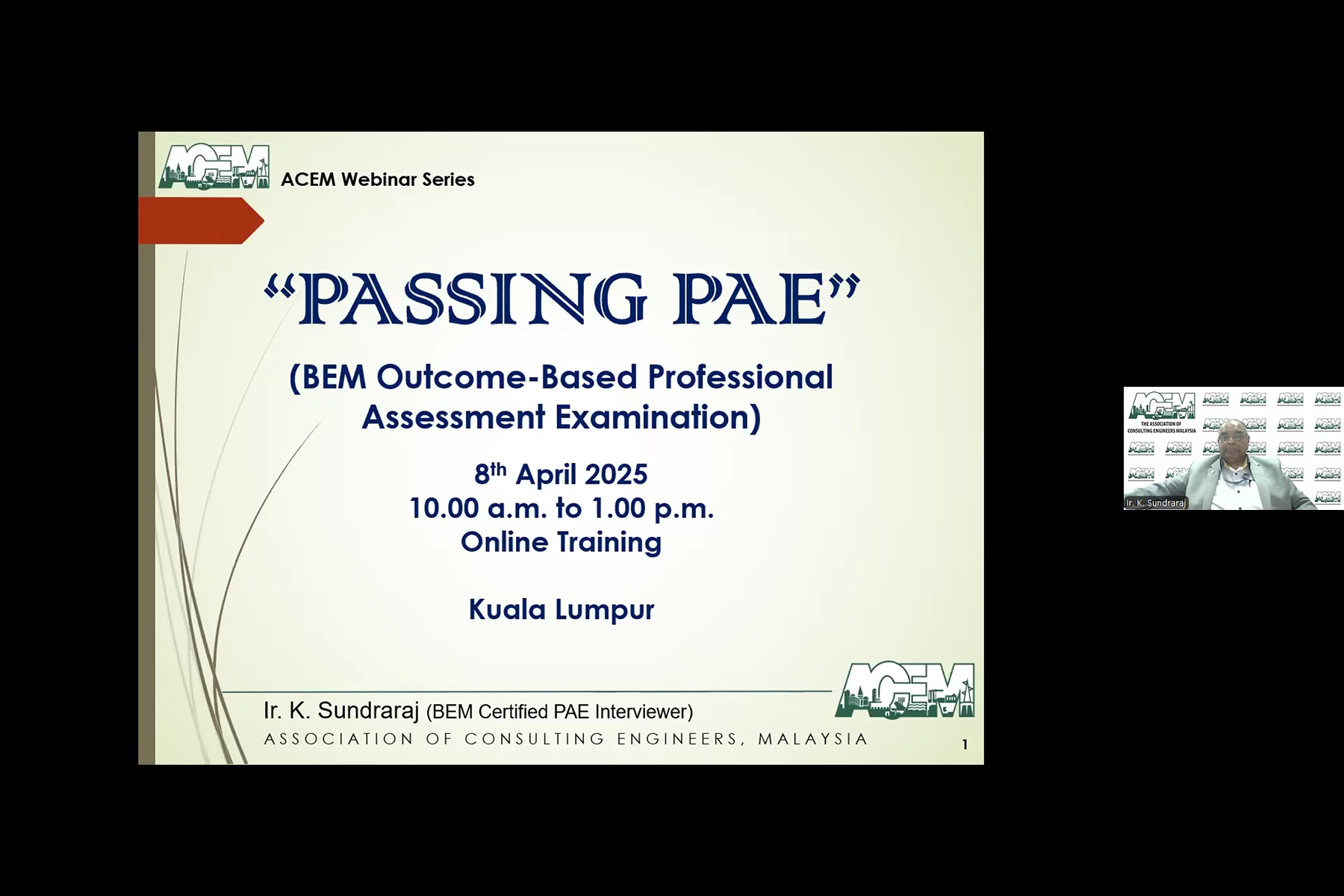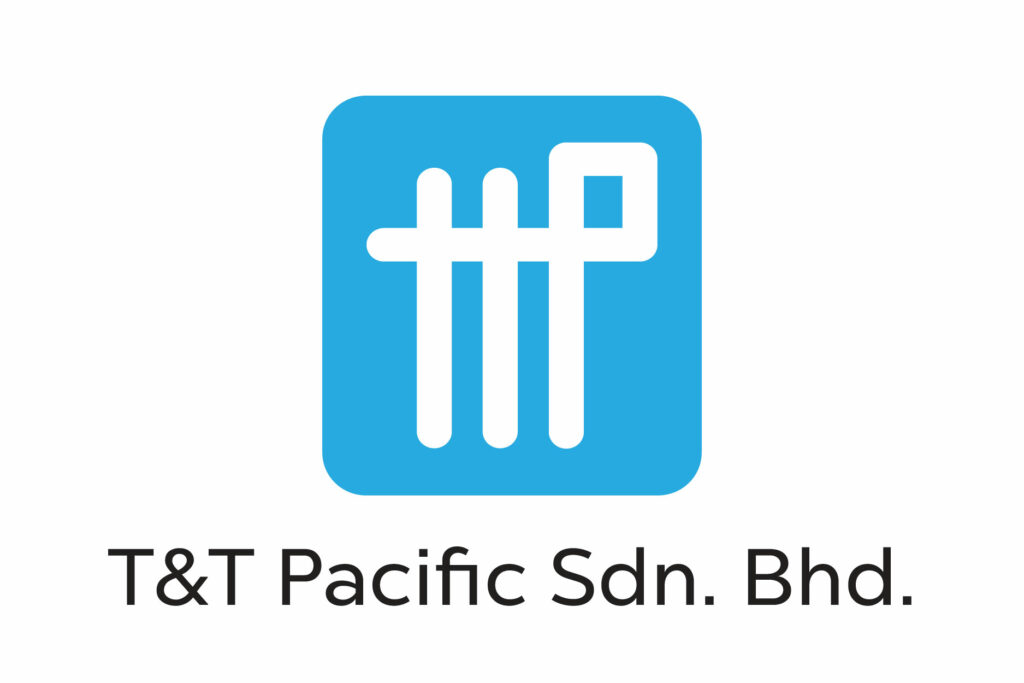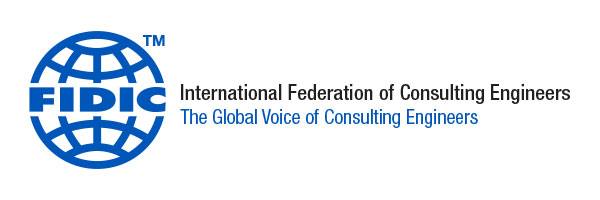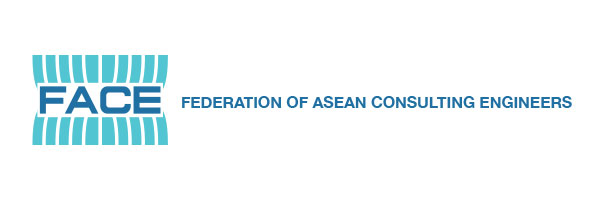On 8 April 2025, a webinar titled “Passing PAE” was conducted virtually from 10:00 AM to 1:00 PM, attracting 61 participants. The session was specifically designed for Graduate Engineers who intended to apply for the Board of Engineers Malaysia (BEM) Outcome-Based Professional Assessment Examination (PAE). The speaker, Ir. K. Sundraraj, who served as the Immediate Past President of the Association of Consulting Engineers Malaysia (ACEM) and was a certified PAE interviewer, shared his insights and experiences gained from interviewing PAE candidates over the previous two years for ACEM and the Institution of Engineers Malaysia (IEM).
During the webinar, Ir. Sundraraj provided a comprehensive introduction and overview of the BEM Outcome-Based PAE. He explained the eligibility criteria, which required candidates to be registered Graduate Engineers with BEM and to have completed at least three years of relevant practical experience, including at least one year under the supervision of a Professional Engineer in Malaysia. The application process, including the preparation and submission of necessary reports and supporting documents via the MyBEM portal, was discussed in detail.
The speaker elaborated on the two main components of the PAE: the professional assessment interview and the essay writing segment. For the interview, candidates were expected to deliver a 15-minute presentation using eight slides, followed by a 45-minute Q&A session with examiners. This segment assessed the candidates’ practical experience, application of engineering principles, and communication skills. The essay writing component required candidates to write about Competency Area E, focusing on ethical and professional conduct, and to address key themes and keywords related to the Code of Conduct, which were discussed during the session.
Ir. Sundraraj emphasized the importance of preparing thorough and well-documented Training and Experience Reports, as these documents formed the foundation for both the interview and essay components. He highlighted common pitfalls and provided practical tips for document preparation and effective self-presentation during the interview. Throughout the webinar, participants actively engaged by asking questions about the assessment process, document requirements, and examiner expectations. This interactive environment allowed Graduate Engineers to clarify their doubts and gain confidence in approaching the PAE.
In conclusion, the “Passing PAE” webinar successfully enhanced participants’ understanding of the BEM Outcome-Based Professional Assessment Examination. By offering clear guidance on document preparation, interview techniques, and the critical aspects of the Code of Conduct Essay, the session equipped Graduate Engineers with practical tools and strategies to improve their chances of success. The event demonstrated the importance of mentorship from experienced professionals in preparing the next generation of engineers for professional qualification, ultimately contributing to the advancement of engineering standards and ethical practice in Malaysia.










